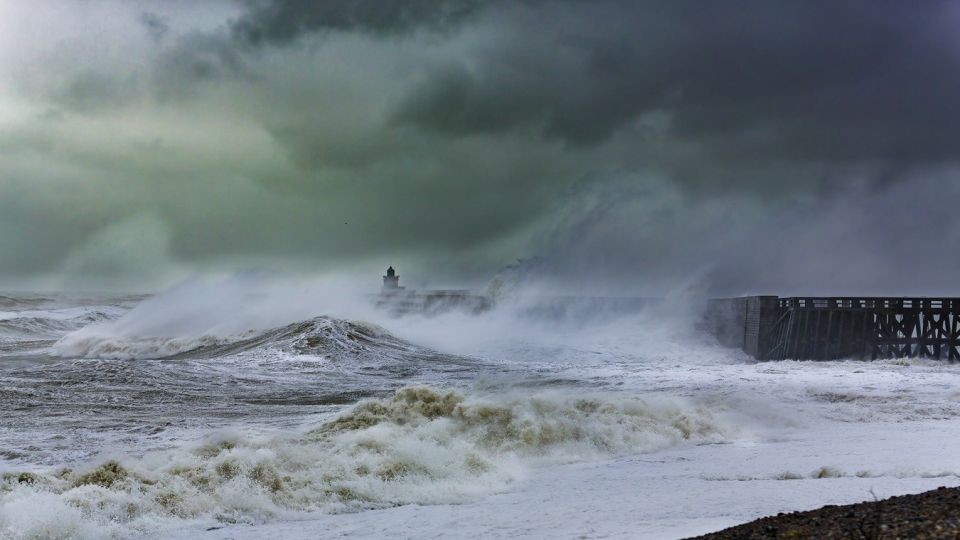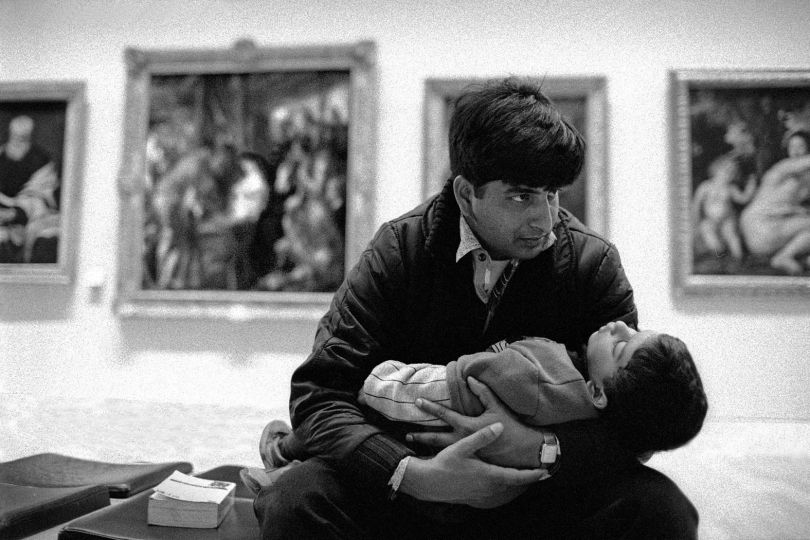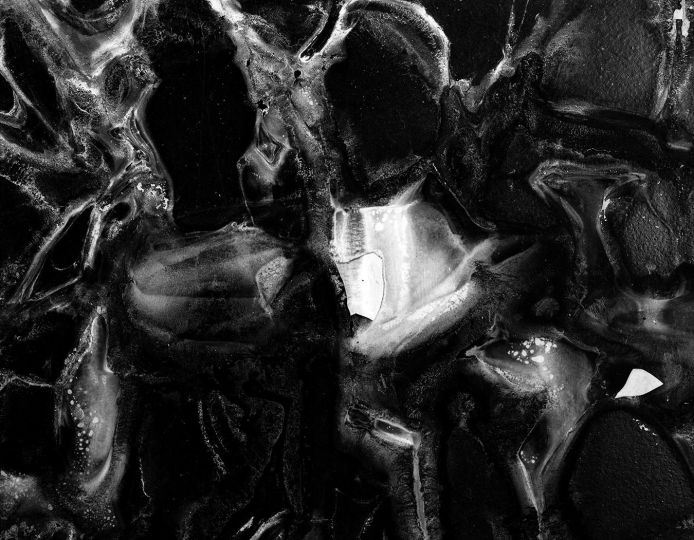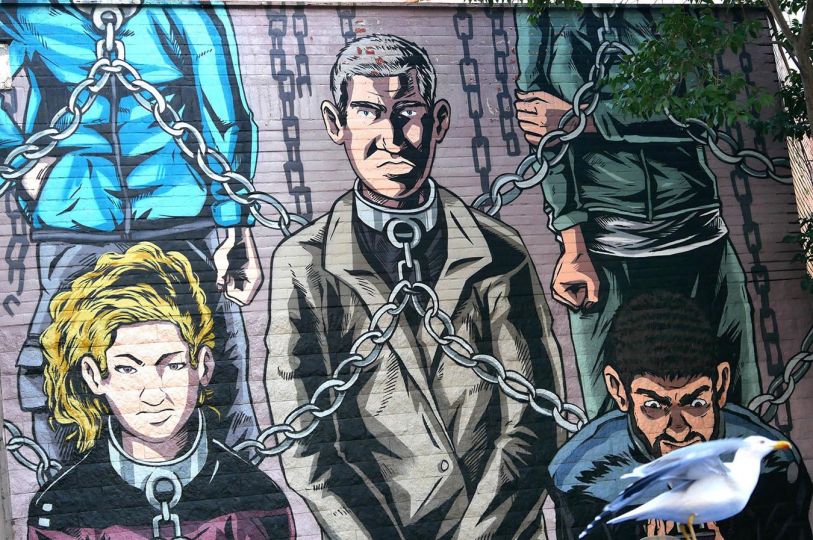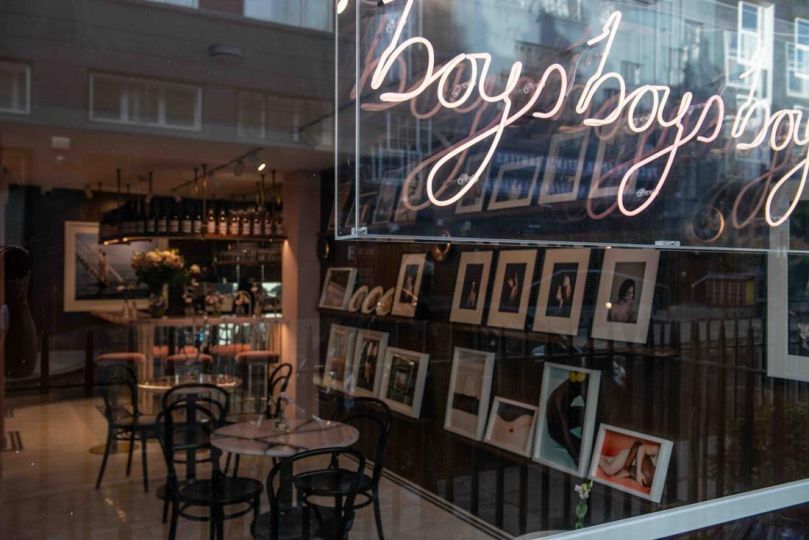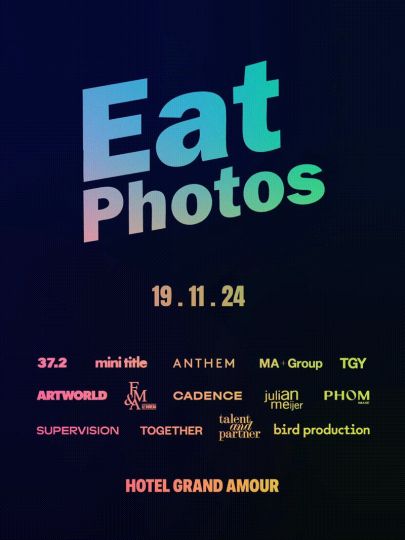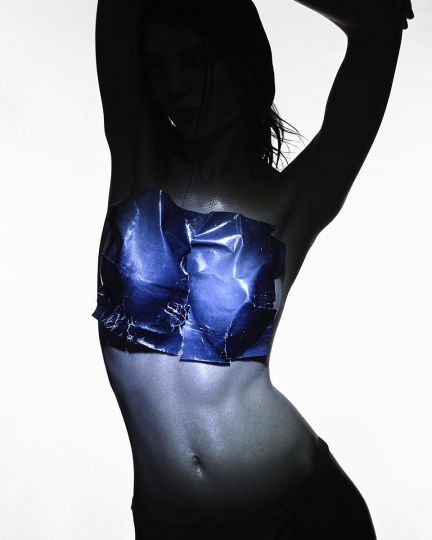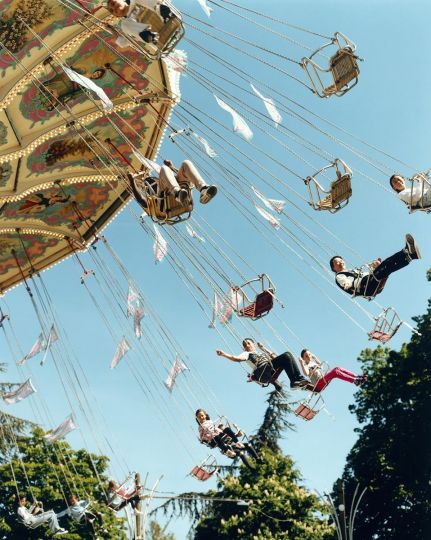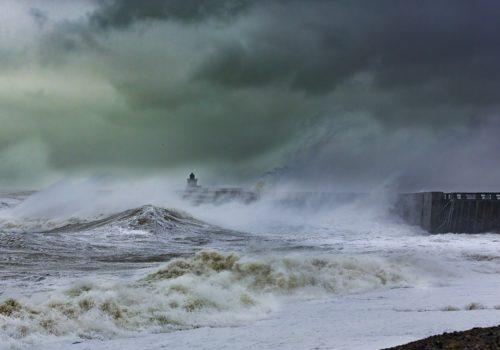The announcement that pleases us this week is the opening of Fotografiska in New York!
Fotografiska, what is it?
It is the beautiful idea of two Swedish brothers, Jan and Per Broman, both passionate about photography, who created in 2010 a sublime place for photography in Stockholm; immersive place dedicated to all photographic genres, a meeting place and entertainment for all audiences.
The Fotografiska philosophy:
For the founders, if photography is the medium that is most likely to excite emotion and tell stories, then photographers, museums and creative communities can change the world.
Fotografiska, where is it?
Faced with the incredible success of its first location in Stockholm, Fotografiska launched in early 2019 in Tallinn and will finally opened its doors at 281 Park Avenue South in New York this week.
Who are we seeing?
Since its creation, Fotografiska has organized nearly 200 exhibitions. We’ve already seen David Chapel, Annie Leibovitz, Helmut Newton, Nick Brandt, Jimmy Nelson, Sally Mann, Zanale Muhole, Ren Hang, Albert Watson, Liu Bolin, Robert Frank, Sebastiao Salgado, James Nachtwey, Alison Jackson, etc.
In New York, the museum will open with no less than five exhibitions:
Devotion!, A flagship exhibition in which German photographer Ellen von Unwerth revisits her work and illustrates with provocation and humor the Game, the notions of Genre, Drama, Love, Power, Passion and Lust.
Inheritance, a sublime vision of black childhood seen by the artist Tawny Chatmon who enhances his pictures with painting, collages and gold leaf.
Thinking like a mountain, a photographic reflection by Helene Schmitz on human induced trauma on landscapes in Sweden and Iceland.
Testaments, from photographer Adi Nes, who questions contemporary Israeli masculine identity.
Small detour, finally, by the documentary photography with a work of command realized by Anastasia Taylor-Lind for Fotografiska and Time on the problematic, acute in New York, of education and child care. A medium format work on organizational issues, connections, interdependencies and inequalities between all women involved in a tense organization.
Agnès Vergez


